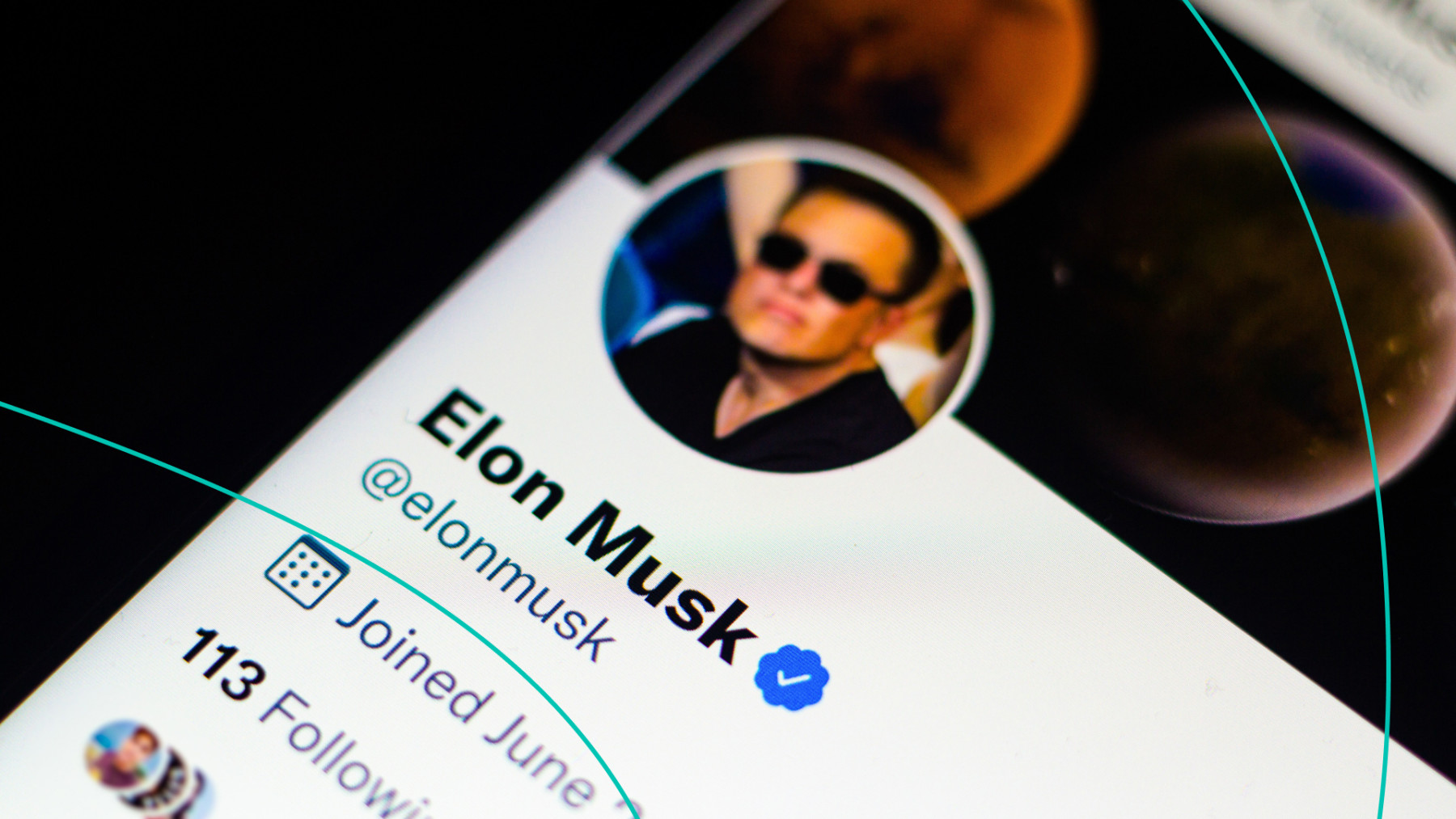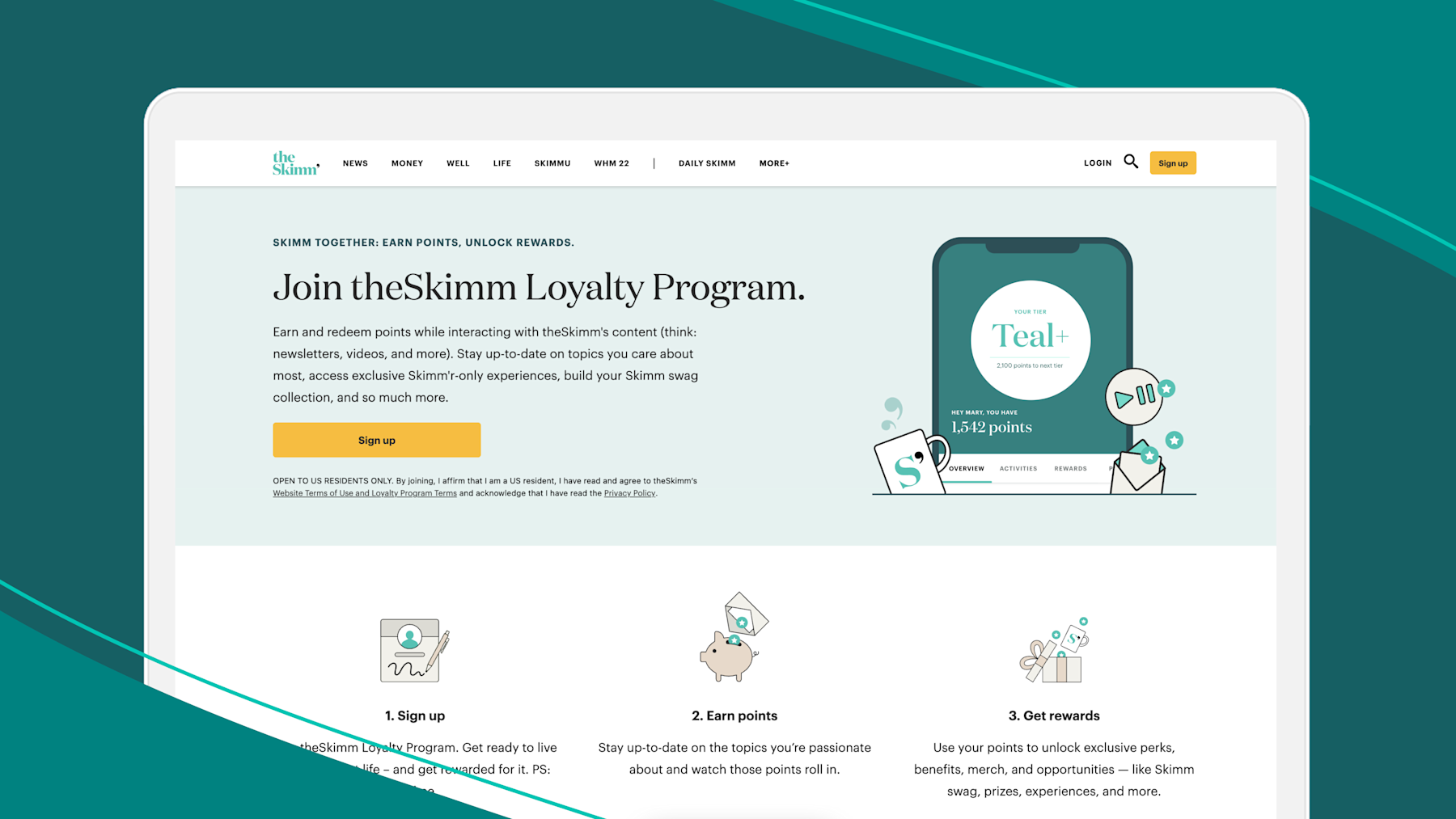| Sreemoy Talukdar brings you the essential cheat sheet on foreign affairs covering India and the world |  | | Another very busy week in diplomacy in the background of the ongoing Ukraine war. We kick off with India-US 2+2 dialogue (actually 3+3), cast our eyes on India's neighbourhood where multiple crises have deepened in Pakistan and Sri Lanka, note how Shanghai residents are struggling (pic above) with the virus and China's 'zero-Covid policy' and round up this edition with French elections. | | TOP FIVE NEWS UPDATES | | India, US 2+2 talks reveal deep synergy beyond differences over Russian invasion | | External Affairs minister S Jaishankar and his Cabinet colleague, defence minister Rajnath Singh concluded their two-day trip to Washington DC on Wednesday for the 2+2 ministerial dialogue with counterparts Antony Blinken, the US secretary of state, and defence secretary Lloyd Austin. The dialogue, however, was preceded by a virtual meeting between US president Joe Biden and prime minister Narendra Modi. Alongside, India's foreign and defence minister attended a plethora of meetings and engagements with Biden administration officials at different levels. That included a trip to Howard University for Jaishankar accompanied by Blinken were 'higher education' was on the agenda. Singh on Wednesday went to Hawaii Islands where he visited the USINDOPACOM headquarters, Pacific Fleet and the training facilities in Hawaii. Intensive engagement over two days at the highest level between two sides resulted in a key takeaway. Differences over Russian invasion of Ukraine remain, but these cannot overshadow or dampen the upward trajectory of ties. The BBC wrote, "This (the visit) was a visible reaffirmation at the highest levels by both sides to the bilateral relationship, amidst all the media speculation about deepening strains over the Ukraine conflict. The message was, yes we do differ on Russia and will unlikely bridge the gap, but won't allow it to derail wider co-operation in the Indo-Pacific either." There were tangible deliverables. Issues discussed included a broad range from "COVID-19 response, supply chains and climate action to global and regional issues", as The Hindu notes in a report. On the defence side, several measures were announced "at enhancing cooperation, including India joining the Bahrain-based multilateral partnership, Combined Maritime Force as an associate partner" and signing of an MoU on Space Situational Awareness — to further cooperation in outer-space, closing an agreement that has been years in the making. "Austin said the two sides had discussed deepening cooperation not just in outer space but also cyberspace, in order to develop capabilities in both 'war-fighting domains,' says the report. The trip was not without controversies, however, with Blinken saying the US "was monitoring" what he described as a "rise in human rights abuses in India" and Jaishankar pushing back a day later, saying that India too has concerns about human rights violations in the US, referring to recent hate crimes agianst members of the Sikh community. If you enjoy reading official documents and readouts, here's the MEA readout of Modi's remarks during the virtual meet with Biden and White House readout of the call including a transcript of the remarks ahead of talks. Here's the 2+2 joint statement where the word 'Russia' finds no mention and post-meeting press availability of Jaishankar, Singh, Blinken and Austin. Financial Express offers another takeaway of the India-US engagement. | | Pak army dismisses US conspiracy theory, cautions Imran as new PM Shehbaz faces mounting crisis | | So much has happened in one week in Pakistan that it will perhaps take up the entire length of the newsletter to keep up with the developments. In the last edition, we noted that Pakistan Supreme Court has overturned Imran Khan's decision to dissolve the Parliament and restored status quo ante, paving the way for no-confidence motion against the Pakistan prime minister. Since then, Imran dug deeper into his bag of tricks, but couldn't prevent being ousted via no-trust vote on Sunday — the first PM in Pakistan's chequered history to suffer such fate. His ouster ended a 3-1/2-year rule that has brought Pakistan to the precipice of economic disaster and diplomatic isolation. On Monday, Pakistan's parliament on Monday elected opposition lawmaker Shahbaz Sharif as the new prime minister. Sharif, the brother of exiled former prime minister Nawaz Sharif, won with 174 votes after more than 100 lawmakers from Imran's Pakistan Tehreek-e-Insaf (PTI) party, resigned and walked out of the National Assembly in protest. Sensational reports later emerged that Imran had tried to sack the chief of Pakistan's all-powerful military, General Qamar Bajwa but was unsuccessful in his attempts. Four days after being kicked out, an ousted Imran on Wednesday called on thousands of supporters to "hold regular public protests" to seek early elections against what he called an "imported government", a sly against the Shehbaz Sharif government whom he has accused of being remote-controlled by the United States. "I will go to every city of Pakistan to mobilise my people against this government," said Imran, adding that Pakistanis had to choose between "remaining slaves" of foreign powers, notably the US, or freedom. Even more significantly, Imran took his fight to the all-powerful military whom he also accused of playing a role in his removal. As Dawn points out in a report, "trends against the armed forces and its leadership have seen intense activity on social media platforms such as Twitter" and "slogans critical of the army were also chanted during country-wide protests staged on Sunday in support of Imran". On Thursday, the army, that has so far taken a hands-off approach, dismissed Imran's conspiracy theories against the US and seemingly sent a message to Imran not to overstep the red lines. Amid all this, Pakistan's new PM reached out to India, but played the same broken record on Kashmir while blaming Imran for leaving Pakistan with severe economic challenges. | | India may assist Sri Lanka with another $2 billion aid as protests intensify against Rajapaksa brothers | | The political crisis deepened in Sri Lanka where the Rajapaksa brothers, president Gotabaya and prime minister Mahinda, are still holding out despite increasingly intensifying public protests calling for their immediate ouster. The Hindu reports, "the citizen's uprising that has been building up for more than a month intensified over the last week with protesters, especially youth, deciding to 'Occupy Galle Face', the sea-facing stretch near the Presidential Secretariat. Dozens of tents have sprung up in the area, where some demonstrators stay overnight, and thousands gather at the venue through the day and well into the night, carrying posters sharply critical of the government." The protestors blame the country's economic disaster — that has left citizens without essentials, fuel, power and medicines — and the country's empty exchequer on 'mismanagement' by the Rajapaksas. Meanwhile, Sri Lanka's central bank on Tuesday unilaterally suspended external debt payments, says it needs money for essentials. Central Bank of Sri Lanka's governor said "It has come to a point that making debt payments are challenging and impossible." Reuters also reported on Wednesday that the country has approached India for more financial assistance and "India is willing to commit up to another $2 billion in financial assistance to Sri Lanka while also supporting the island nation with food and fuel." The report quoted a "senior government source in New Delhi" as saying that "Sri Lanka's defaulting on debt payments was a worry, but that 'we can still give them up to $2 billion in swaps and support'." India has so far "committed $1.9 billion to Sri Lanka in loans, credit lines and currency swaps, and another $500 million credit line for fuel." Ahead of the Sinhala and Tamil New Year on April 13 and 14, one of the biggest festivals in the country, India also sent a shipment of 11,000 MT of rice. | | India shuts consulate as Shanghai reels under rising cases and dynamic 'zero Covid' policy | | Shanghai is going through its worst Covid-19 crisis and the pain has been exacerbated by China's 'zero Covid' policy. South China Morning Post reports that "Shanghai's total cases soared to 27,719, rewriting the daily record for the 12th time in 13 days, according to data released on Thursday by the local health commission. The latest tally raised the total infections in the city of 25 million residents to 280,000, with 12,000 of them displaying symptoms of the Covid-19 disease" though thankfully no one has died yet. Reuters reports, quoting Chinese state media, that during a visit to the southern island of Hainan on Wednesday, president Xi Jinping said that China must stick to its strict "dynamic COVID clearance" policy while the global pandemic remains very serious, promising those enduring lockdowns that persistence will win out in the end. The report adds that the stringency of measures have finally worn out the patient of city's residents, and they have taken to social media to "vent frustration over the difficulties of getting enough food and China's policy that requires anyone testing positive, symptomatic or not, to be centrally quarantined, where many people have complained about poor conditions." India Today has collated social media clippings that show "with strict curbs, millions are increasingly frustrated being confined to their homes and struggling to get daily supplies. Several videos viral on social media claim to capture the horror faced by the residents of Shanghai amid all the "struggle and frustration". As Shanghai lockdown tests limits of China's dynamic zero Covid-19 policy, the Indian Consulate in Shanghai has announced the suspension of in-person consular services and the US has ordered all non-emergency consular staff to leave Shanghai. Nine SCMP journalists in Shanghai have been caught in the lockdown in Shanghai, and in a report they relate their struggles with food shortages, loneliness and fears for their families. | | In French presidential polls, Macron seals round 1 but far-right rival Le Pen is still in with a chance | | French Presidential elections are under way and the BBC has provided a simple guide to the proceedings. "The first round was held on 10 April and none of the 12 candidates, eight men and four women, secured more than 50% of the votes. So the top two candidates, Emmanuel Macron and Marine Le Pen, will go forward to a second round to be held on 24 April," says the report. Guardian adds that "in the end it was a more comfortable victory for the incumbent than many pollsters and commentators had predicted: Macron finished on 27.8% of the vote, while Le Pen, the leader of the far-right Rassemblement National (National Rally) managed 23.1%. Both scored higher than in the previous first round in 2017, but the gap between them was also wider, giving Macron a much-needed boost going into the second round after weeks when the momentum was all Le Pen's. Although early second-round polls show the president marginally ahead, the final result is far from certain. Le Pen will gain votes from the far-right TV pundit Éric Zemmour, and Macron from the more mainstream right and left and the Greens." The BBC, in another report, says "Macron looked a relieved man and he promised to work harder than in the first part of the campaign. He had only started campaigning eight days before the vote, his mind more focused on Russia's war in Ukraine." Le Pen, meanwhile, "said it was time for a 'great changeover'. She has built her campaign around the cost-of-living crunch facing much of Europe, promising to cut taxes and waive income tax for under-30s. There has been less emphasis on nationalism, but she wants a referendum on restricting immigration, radical change to the EU and a ban on the Islamic hijab in public areas." Politico reports from Longueau, an "economically depressed area of northern France, near where Macron grew up." It seems "there isn't much love for the local boy who went on to become one of his country's youngest-ever presidents. On the contrary, several locals described him as a wealthy man who is out of touch with the everyday concerns of 'little people.' Some said they were planning to vote for his rival Le Pen, in the final round on April 24." Macron knows this. In his speech on Sunday night, he said "the game isn't over yet." | | | | | | | | | | TOP ANALYSES OF THE WEEK | | India, US must talk trade or get usurped in Indo-Pacific by China | | Kenneth Juster, Mohan Kumar, Wendy Cutler and Naushad Forbes write in Foreign Affairs that while India and the United States' relationship has intensified in every field, trade has remained an exception and an area of friction. "To promote their commercial and strategic objectives, the two countries must also play a central role in developing the economic framework for a free and open Indo-Pacific. Failing to do so would provide opportunities for other countries, such as China, to create a trade order that would leave India and the US on the outside looking in." | | India, US showed they are ready to work around divergences | | Harsh Pant writes in Hindustan Times that "the larger message from this week's 2+2, which morphed into 3+3 with Prime Minister Narendra Modi and President Joe Biden setting the tone for the conversation, was that the world's two major democracies are willing to work around their divergences to arrive at mutually acceptable outcomes." | | US Taiwan policy is creating instability in Indo-Pacific, says Abe Shinzo | | Former Japanese prime minister Abe Shinzo writes in Livemint that "the US policy of ambiguity toward Taiwan is now fostering instability in the Indo-Pacific region, by encouraging China to underestimate US resolve, while making the government in Taipei unnecessarily anxious." He argues that "the time has come for the US to make clear that it will defend Taiwan against any attempted Chinese invasion." | | Imran has thrown down the gauntlet to Pakistan army | | C Raja Mohan writes in Indian Express that "it is not clear if Imran Khan has the political skill and the organisational capability to turn his cult-like following into a force that can continue to challenge the establishment. But there is no doubt that he has thrown down the gauntlet. It remains to be seen if the (Pakistan) army can handle Imran's challenge effectively and decisively in the coming days." | | Imran leaves behind a broken, divided, bankrupt Pakistan | | Sushant Sareen writes in ORF that "Imran's end is not the end of Pakistan's problems. He is leaving behind a broken, bankrupt economy that is on the verge of a meltdown; a divided and toxic political culture; strained foreign relations; a governance that is driftinng in its policies and an administration that is in complete disarray." | | There's an analytical void in India over Russia-China ties | | Dhruva Jaishankar writes in Hindustan Times that regardless of the "future of the Russia-China relationship, the repercussions for India will be tremendous. Scholarship and detailed analysis on the relationship between Moscow and Beijing in India are sorely needed. This ought to be a gap to fill before India faces its next major geopolitical crisis." | | US hypocrisy over 'rules-based order' | | Katrina vanden Heuvel highlights American hypocrisy over Ukraine and 'spheres of influence' in Washington Post, arguing that the US champions a "rules-based order, in which we make the rules and hold ourselves exempt from them when desirable." | | To succeed in Indo-Pacific, US must incorporate India's outlook | | Walter Russell Mead writes in Wall Street Journal that US pivot to Asia is about "more than moving military assets around on the map. To succeed in the Indo-Pacific, the US must learn to incorporate the outlook of great powers like India into its thinking…" | | Uneasiness growing in China over Moscow-Beijing bonhomie | | Antara Ghosal Singh writes in ORF that a "month into the devastating war in Ukraine, new equations are at play in the Chinese strategic landscape. There seems to be a growing uneasiness in China over the international community's perception about the China-Russia bonhomie." | | India's efforts to help Sri Lanka need to be publicised | | Aditya Bhan writes in ORF that "to counter Chinese propaganda that is aimed to tarnish India's image", India should assist Sri Lanka and also publicise its efforts." He argues that "instead of the age-old 'neki kar, dariya mein daal' (do good and forget about it), India's mantra should be 'neki kar, danka baja' (do good and publicise it). | | PODCAST WATCH | | Breaking down the complex issues in Pakistan's politics | | This edition of Lawfare Podcast is worth your attention. To break down the complicated developments in Pakistan, host Jacob Schulz sat down with Madiha Afzal, a fellow in the Foreign Policy Program at the Brookings Institution, and discussed "how the situation has developed, how to think about the relative roles of opposition political parties and the military, and what comes next." | | | | Copyright © 2022.Firstpost - All Rights Reserved. | |













